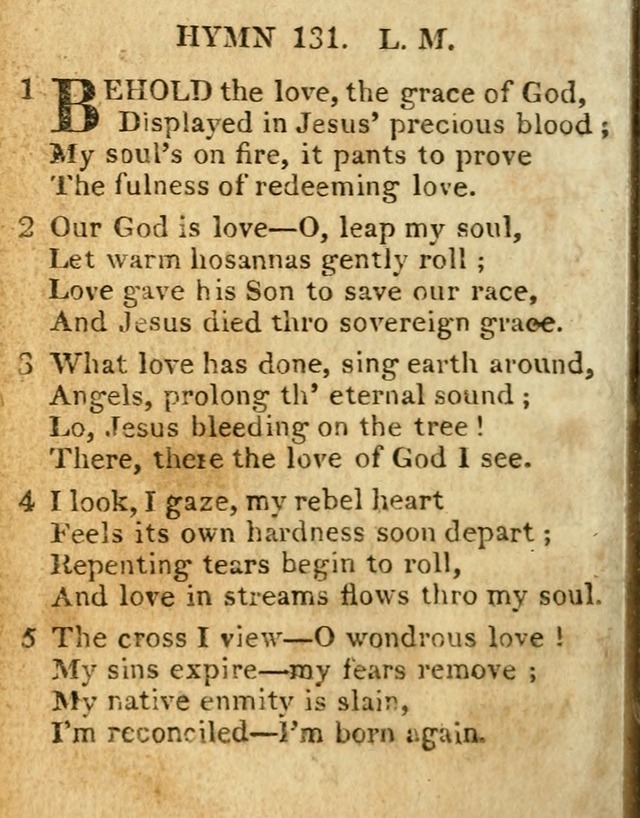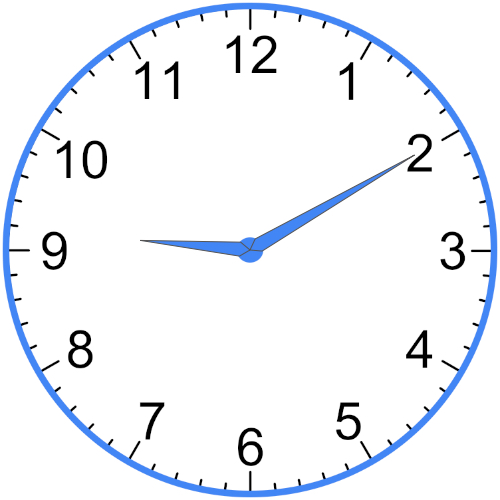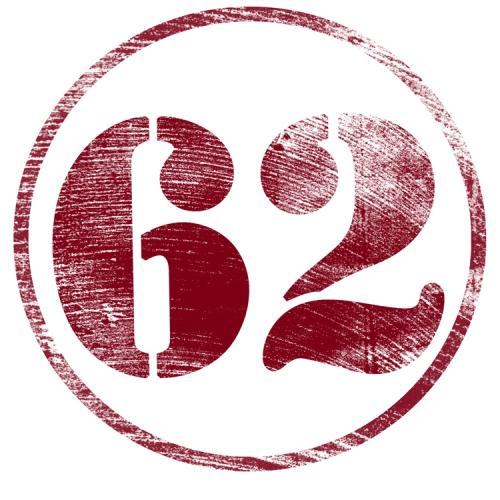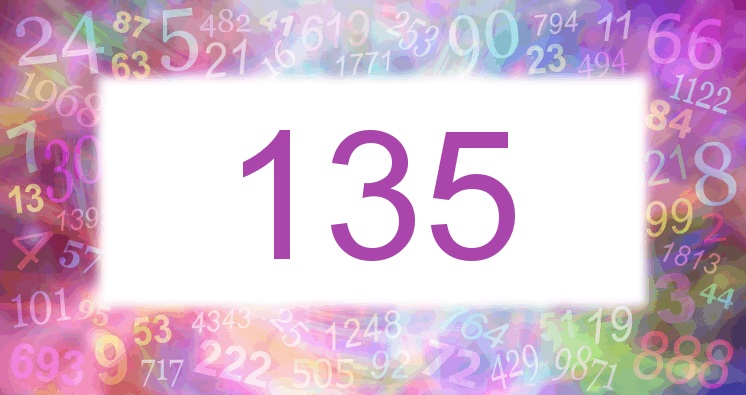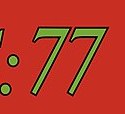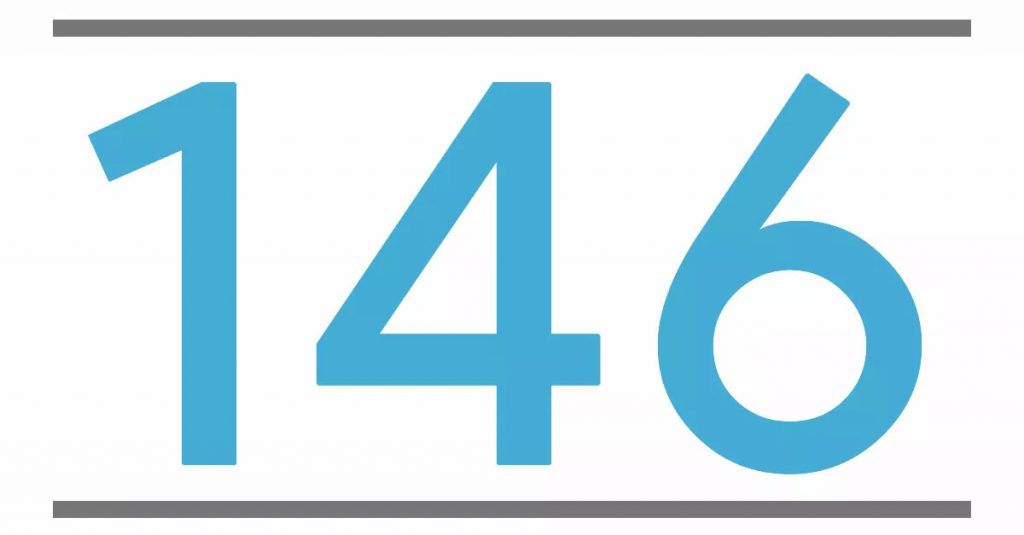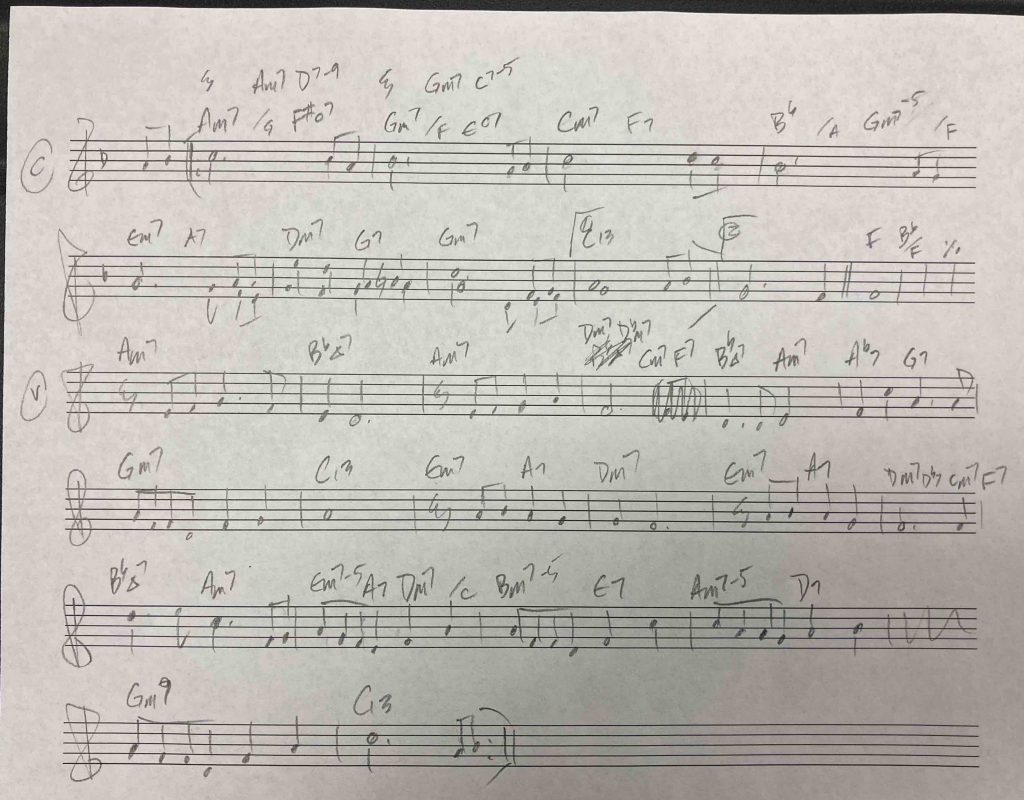Update: Sheet music for this song is now available at gregscheer.com.
I was talking to my boys yesterday about the mass shootings in Uvalde and Buffalo. I admitted that lately, I’ve become callous to the whole process: some troubled person murders multiple innocent people, the whole nation acts shocked, and then we quickly go back to life (and death) as usual. The Christians make pious statements about the existence of evil being the real problem. The conservatives sing the praises of the freedoms that make this country great, including the freedom of unrestricted gun ownership. (Did you know that there are 1.2 guns for every person in this country?) It’s an endless cycle that won’t stop until we decide we love our children more than our guns.
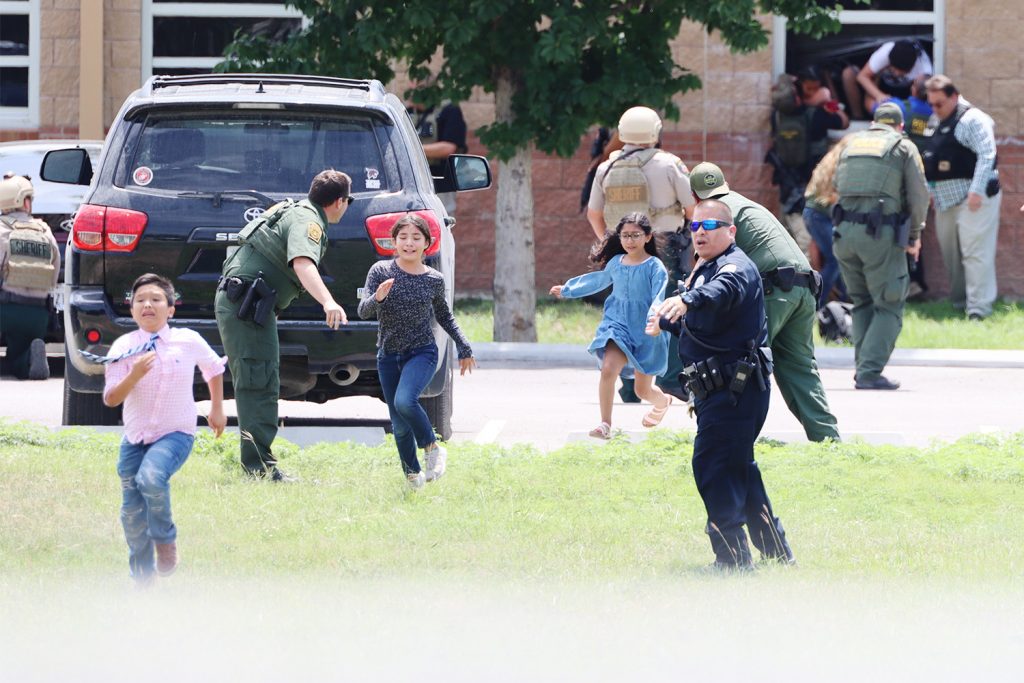
A short time later, David Bjorlin sent an email with a new hymn text addressing the world-weariness I was experiencing. As he described it, there is “something inherently life-affirming about the creative act.” Indeed, this life-affirming hymn is an act of defiance in a culture so enamored with weapons and so willing to offer children to the god of untethered freedom.
He wrote “Teach Us Your Peace” to the tune of FINLANDIA. I hope my simple tune will bring something new to our hearing of these important words.
1. Teach us your peace when death is all around us
and we are fed the bitter bread of tears;
when hollow words and cowardice confound us
as hope for action once more disappears.
Teach us your peace, and with your love surround us–
your perfect love that casts away our fears.
2. Teach us your peace where weapons meant for killing
are turned to tools to help us grow and thrive,
where hardened hearts are furrowed by your tilling
and stubborn seeds take root and come alive.
Teach us your peace where everyone is willing
to harvest change so children may survive.
3. Teach us your peace till peace rules every nation
and justice springs and streams to every shore,
till you return to cradle all creation
and put an end to violence, hate, and war.
Teach us your peace, a holy habitation
where we will dwell and death will be no more.

